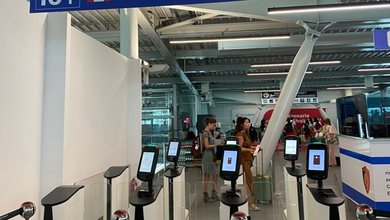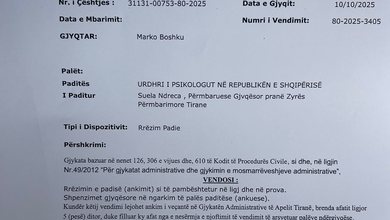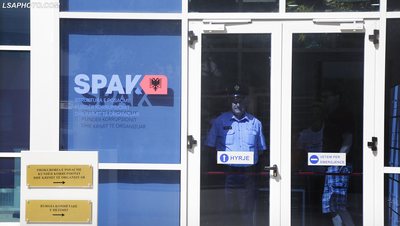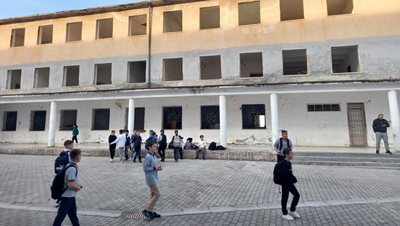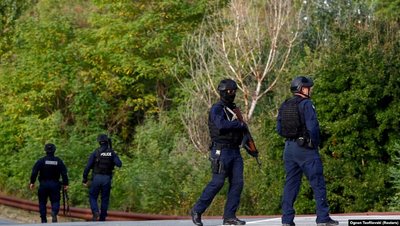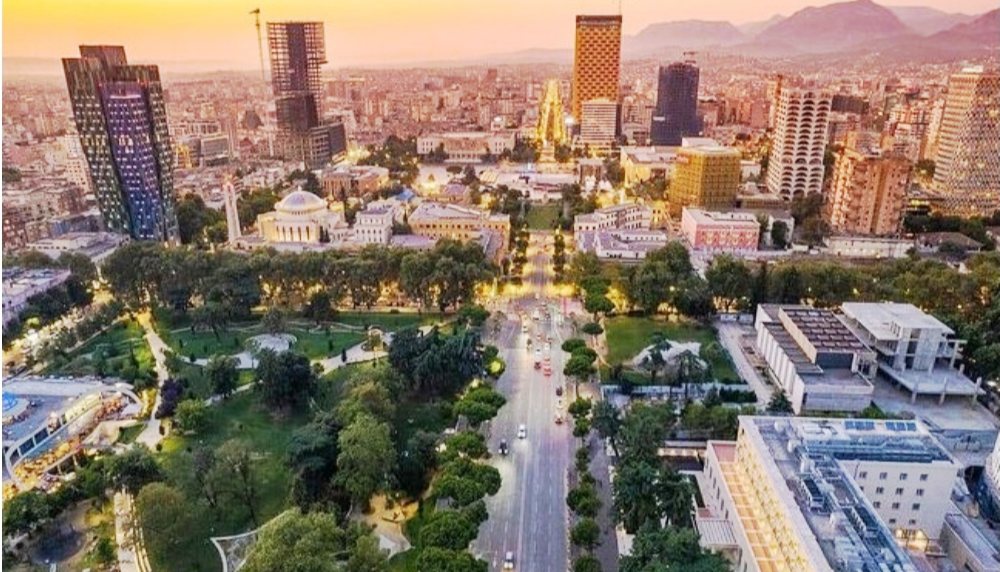
The countries of the Western Balkans, which include Albania, face challenges in achieving European Union standards in the economy, social issues, governance, etc.
The Vienna Institute for International Studies has built an interactive platform that measures convergence in the six Western Balkan countries (Albania, Kosovo, Montenegro, North Macedonia, Bosnia and Serbia).
Data shows that Albania needs at least 64 years to reach EU governance standards, 53 years for economic standards and 71 years for social standards. The healthcare system needs about 39 years, while environmental and infrastructure standards need more than 100 years.
Regarding the economic criterion, with a 53-year lag, Albania seems to be more advanced than some other countries. For example, Bosnia needs over 100 years to approach EU standards; Kosovo also needs more than 100 years. Montenegro needs 72 years, North Macedonia 59 years, while Serbia is in a better position than Albania with only 35 years of lag.
In governance, Albania needs 64 years. In the region, for this criterion, Kosovo is first with only 26 years of lag and Serbia is worse, with over 100 years of lag.
In the social context, Albania is 73 years behind compared to the EU. Kosovo is better off with 19 years behind, while North Macedonia is worse off, with more than 100 years behind.
In terms of infrastructure, all countries in the region are equally lagging behind, more than 100 years behind EU standards. The lag is also deep in environmental standards, with a difference of more than 100 years.
Albania, on the one hand, has better chances for convergence compared to countries that are in a worse situation; but on the other hand, the gap with the EU average remains large — 53 years, according to Converge2EU models.
To narrow this gap, Albania needs to focus on policies related to the environment, education, and technological infrastructure, while strengthening institutions and governance. In Albania’s case, progress is most visible in the area of digitalization and improving basic infrastructure, where reforms in recent years have led to increased internet access and online public services.
However, the gap with the EU remains deep in other areas, such as the environment — where air pollution and waste management remain serious challenges — and education, where the quality and matching of skills with the labor market are still low. Likewise, in social welfare and per capita income, Albania continues to lag behind.
The Converge2EU project, from the Vienna Institute for International Studies, measures how close the Western Balkan countries are to European Union standards, not only in the formal sense of integration, but in the way citizens live and benefit from economic and social development.
The project analyses eight key areas — economy, social welfare, education, health, environment, governance, digitalisation and infrastructure — and compares them with the EU average. The aim is to show how many years it will take these countries to reach European standards in each area and what policies can help speed up the convergence process./ Monitor


